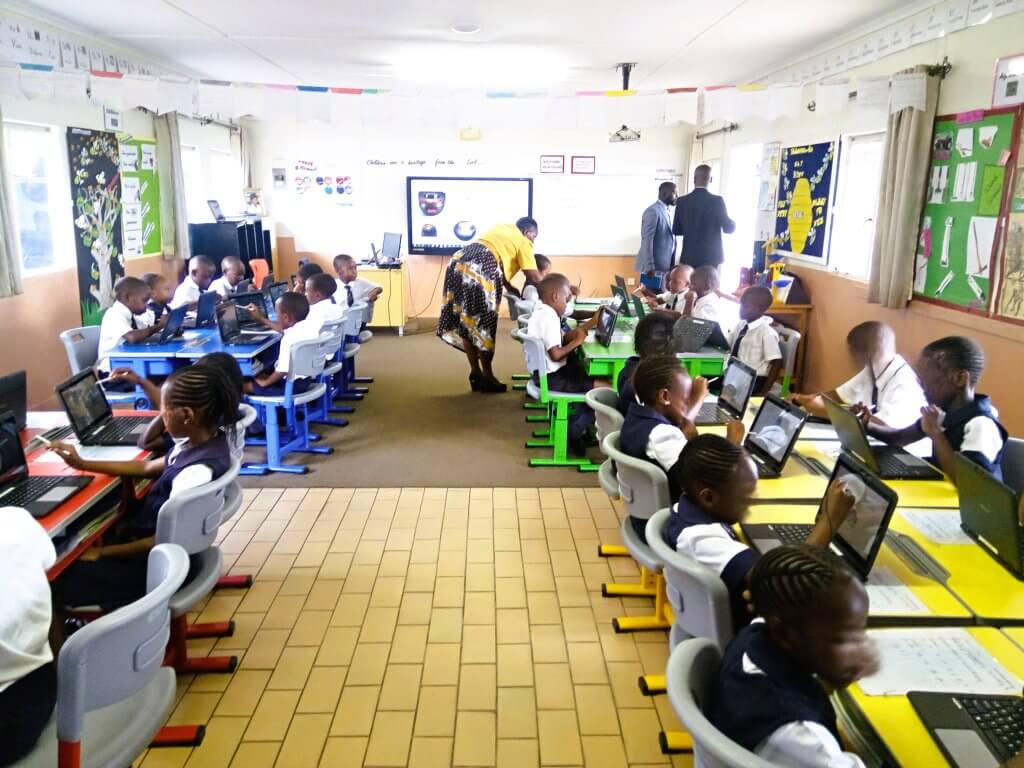
Artificial Intelligence (AI) is reshaping every aspect of our lives, and education is no exception. In Africa, where access to quality education can be challenging, AI offers promising solutions to bridge gaps and enhance learning experiences across the continent.
Transforming Educational Landscapes
AI technologies are revolutionizing traditional teaching methods by personalizing learning experiences. For instance, adaptive learning platforms powered by AI can tailor educational content to individual student needs, ensuring that each learner receives a customized learning path. This approach is particularly beneficial in diverse classrooms across Africa, where students may have varying levels of proficiency and educational backgrounds.
Enhancing Accessibility and Inclusivity
In remote or underserved areas of Africa, AI-driven tools are expanding access to education. Platforms like UNESCO are actively promoting inclusive education through AI-powered initiatives that provide learning opportunities beyond physical classrooms. Virtual tutoring systems and mobile learning apps are making quality education more accessible, thereby empowering learners in rural communities.
Improving Educational Outcomes
AI’s analytical capabilities are enabling educators and policymakers to make data-driven decisions. By analyzing vast amounts of educational data, AI can identify trends, predict student performance, and recommend interventions to improve learning outcomes. This approach helps educational institutions in Africa optimize resources and develop targeted interventions to support student success.
Addressing Challenges in African Contexts
In countries like Zimbabwe, AI is being integrated into educational systems to address specific challenges. For example, AI-powered language learning apps are helping students master local languages alongside English, enhancing communication skills essential for academic success and cultural understanding.
Future Prospects and Challenges
As AI continues to evolve, its role in education will likely expand. However, challenges such as data privacy, equity in access to AI technologies, and ensuring AI’s ethical use remain critical concerns. Organizations like Forbes highlight these issues while advocating for responsible AI implementation in education globally.
Conclusion
Artificial Intelligence holds immense promise for revolutionizing education in Africa, offering innovative solutions to improve accessibility, inclusivity, and educational outcomes. By harnessing AI technologies responsibly and inclusively, African countries can pave the way for a more equitable and future-ready education system.
In this era of AI, Africa stands at the forefront of integrating cutting-edge technologies into education, ensuring that every learner has the opportunity to thrive and contribute to a knowledge-driven society.
References:
